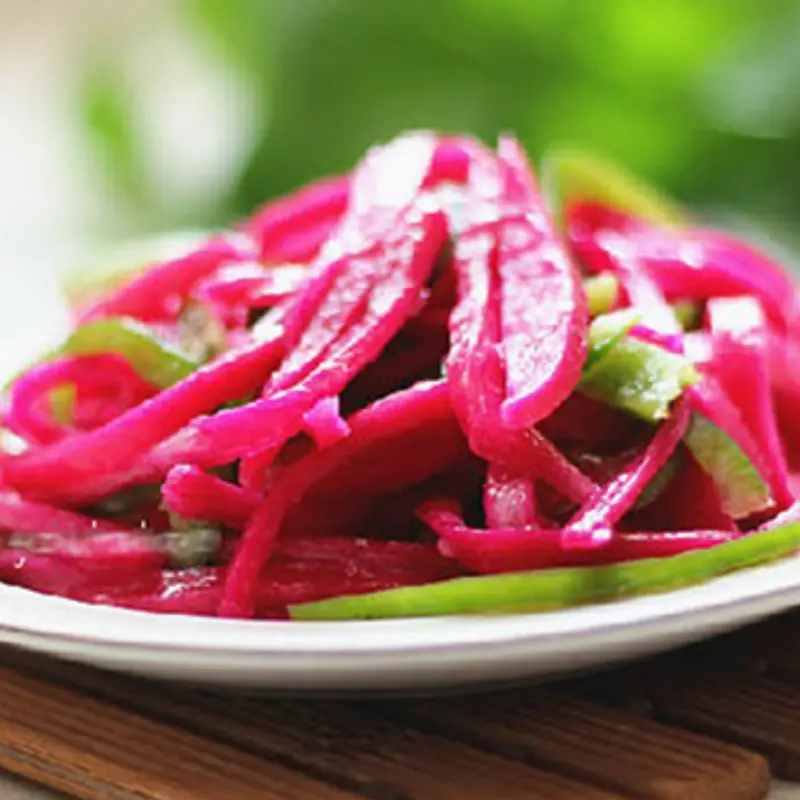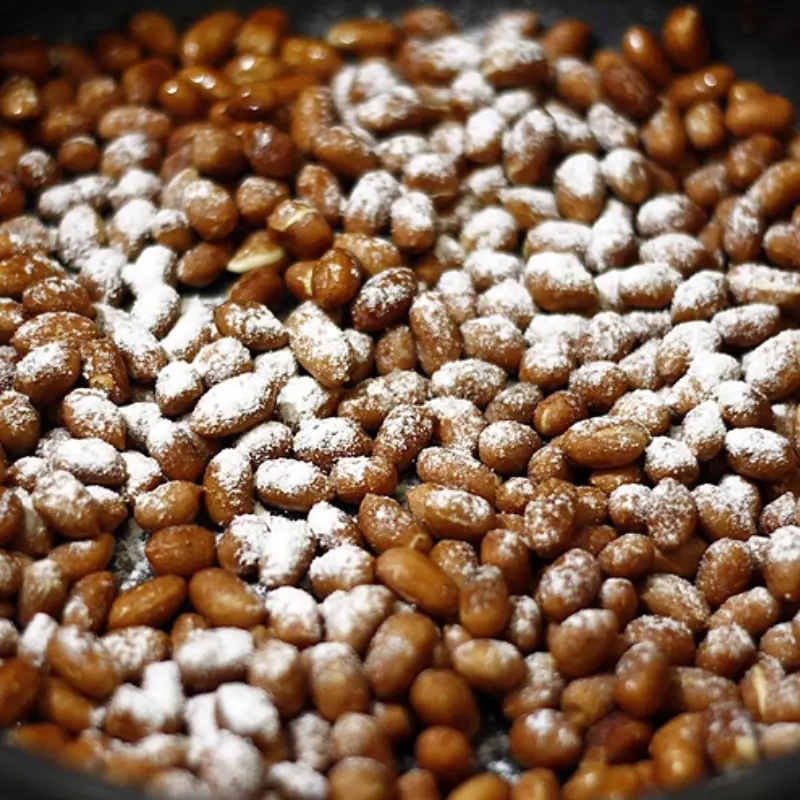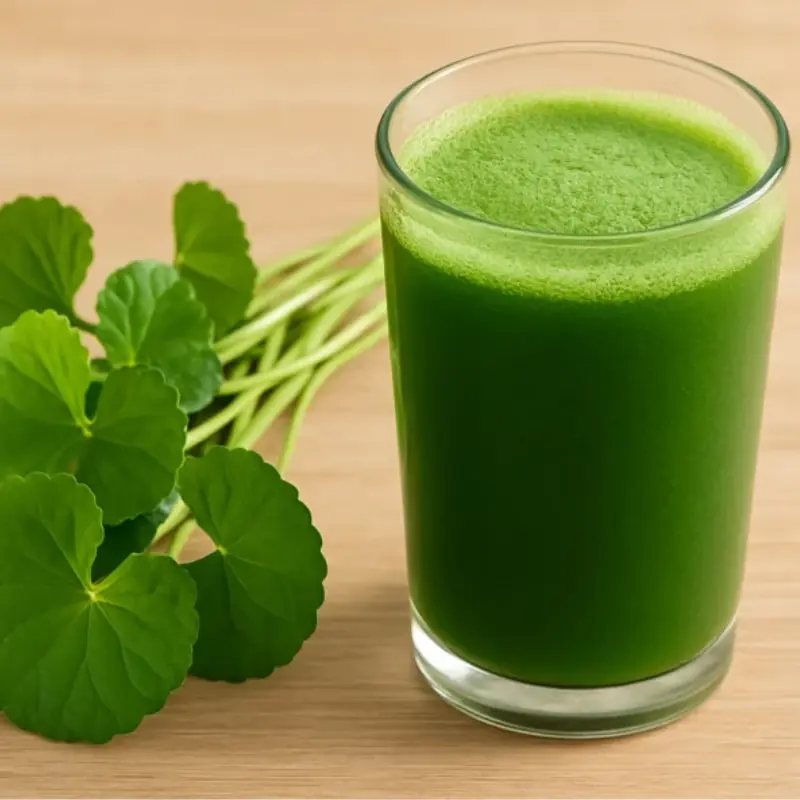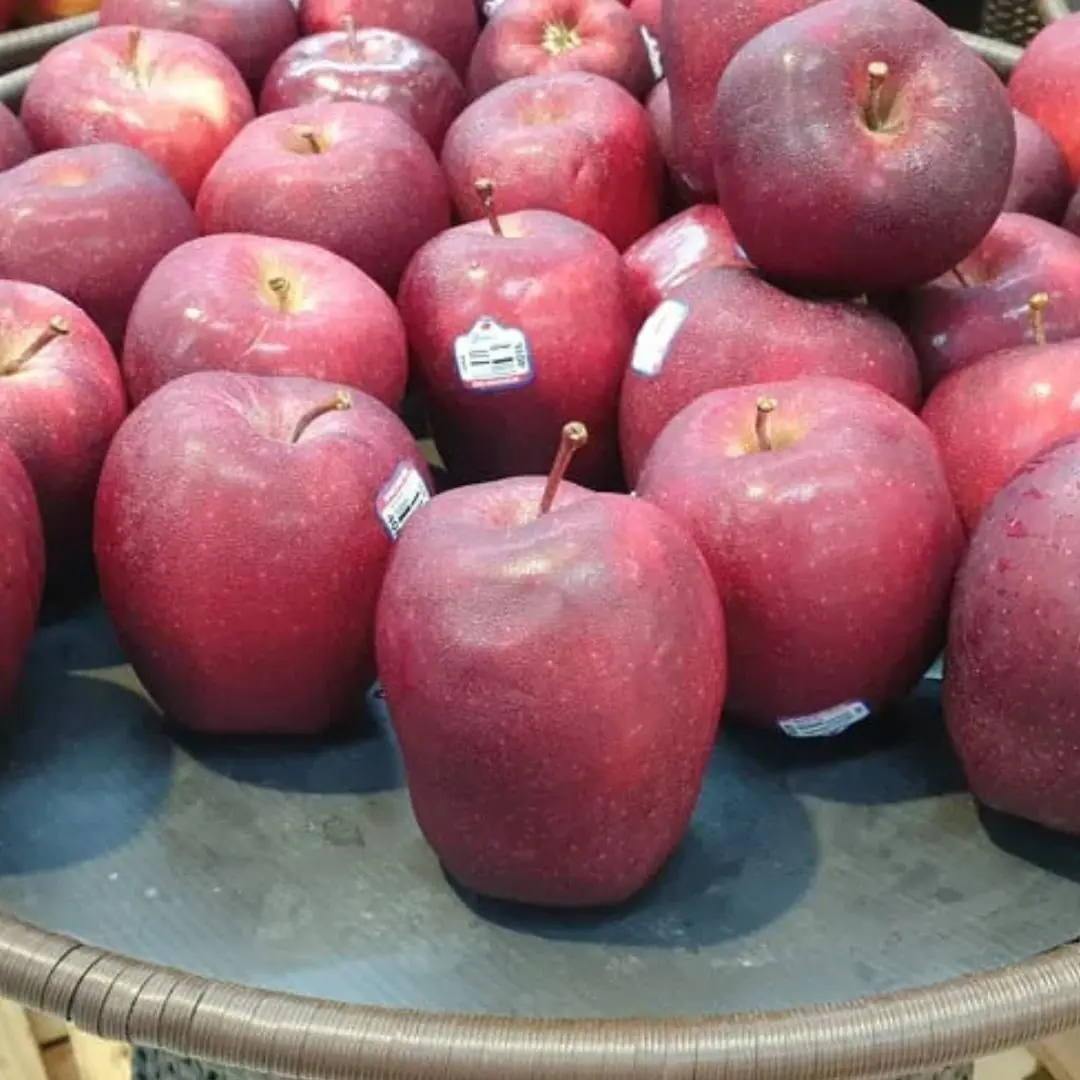
A Fruit That’s 300 Times Sweeter Than Cane Sugar, Doesn’t Raise Blood Sugar Levels, and May Help Prevent Cancer
In the search for healthier alternatives to sugar, one remarkable fruit stands out — monk fruit, also known as luo han guo. Native to southern China, this small green melon has been used for centuries in traditional Chinese medicine. But what makes monk fruit truly extraordinary is its natural sweetness and powerful health benefits.
1. Naturally Sweet — Without the Sugar Spike
Monk fruit contains natural compounds called mogrosides, which are responsible for its intense sweetness — estimated to be up to 300 times sweeter than cane sugar. Despite this, monk fruit contains zero calories and no carbohydrates, making it an excellent sugar substitute for people with diabetes or those on low-carb diets. Unlike refined sugar, it does not raise blood glucose levels, making it a safe and sweet choice for managing blood sugar.
2. Rich in Antioxidants
Mogrosides aren’t just sweet — they’re also potent antioxidants. Studies have shown that these compounds can help fight free radicals in the body, reducing oxidative stress and inflammation. This antioxidant effect contributes to monk fruit’s potential role in cancer prevention, as chronic inflammation and oxidative damage are key factors in the development of many types of cancer.
3. Safe and Natural Alternative to Artificial Sweeteners
With growing concern about the long-term health risks of artificial sweeteners, monk fruit has emerged as a natural, non-toxic alternative. It has been approved by the FDA as generally recognized as safe (GRAS), and it’s increasingly found in beverages, protein bars, and even baked goods.
4. How to Use Monk Fruit
Monk fruit sweetener is now widely available in powder or liquid form. You can use it to sweeten:
-
Coffee or tea
-
Smoothies
-
Oatmeal or yogurt
-
Homemade desserts
However, because of its intense sweetness, only a small amount is needed.
News in the same category


Eating These 5 Foods for Breakfast Is Like Shortening Your Lifespan — But Many People Still Love Them

5 Foods That Stay Edible for a Whole Month at Room Temperature — But Spoil Quickly in the Fridge!

Putting plastic bags in the refrigerator causes can.cer? After hearing the truth, many people immediately ran to do 1 thing

The Peels of These 3 Fruits Are Actually 'Pesticide-Free Vegetables': Cook 3 Delicious Dishes That Also Beautify Your Skin and Aid in Weight Loss

One Person Boils Water, the Whole Family Gets Cancer

5 Foods That Seem Edible but Are Actually Harmful — Tell Your Parents to Throw Them Out

4 Familiar Vegetables That Naturally Detox the Liver and Are Great for the Whole Family

Have you set the temperature correctly?

One Person Boils Water, the Whole Family Gets Can.cer? 3 Water-Boiling Habits That Secretly Pois.on Your Loved Ones

One person boils water, the whole family gets cancer? 3 water boiling habits that "poison" the whole family that many people don't know about

4 Pretty but To.xic Cups: I Sadly Realized My Home Had Them All

Doctors Reveal the Commonly Overlooked Body Part You MUST Clean Daily — Ignoring It Could Be Life-Threa.tening

2 cooking mistakes that "lead" to all kinds of cancer: Almost everyone makes them at least once in their life

Leaving These 5 Things in Your Bedroom Will Make You “Regret It” in the Middle of the Night!

Three Common Fruits Contain “Toxins” You Need to Be Especially Careful About When Eating

Man Dies After Days of Diarrhea—Doctor Issues Urgent Warning About 3 Common Leftovers

The Collagen-Boosting Power of a Humble Green: Nature’s Secret to Glowing Skin

3 types of breakfast that you should not eat even if you are fasting, many people still eat them every day without knowing
News Post

The Gospel According To Joan

Are These Mutant Eggs Safe to Eat? The Truth About Double Yolks and Rainbow Shells

Growing hydrangeas from cuttings

One Thing Most Stro.ke Victims Have in Common: Are You Living at Risk of Cerebral Infarction?

Suddenly Suffering a Stroke After Waking Up, the Woman Regrets a 'Critical' Mistake She Made Six Months Ago

Eating These 5 Foods for Breakfast Is Like Shortening Your Lifespan — But Many People Still Love Them

5 Foods That Stay Edible for a Whole Month at Room Temperature — But Spoil Quickly in the Fridge!

Waking Up at This Hour Every Day May Signal Lu.ng Damage — See a Doctor Immediately if You Also Have These 6 Symptoms

Many doctors recommend using two pillows when sleeping for better sleep health!

Eat 4 foods on an empty stomach in the morning to help clean the intestines, improve digestion, and prevent canc.er

Putting plastic bags in the refrigerator causes can.cer? After hearing the truth, many people immediately ran to do 1 thing

Top foods to absolutely avoid at night if you don't want to affect your health

Walking around the market, a smart person can immediately see that these 5 types of vegetables are "soaked in chemicals", especially number 4

Eat 6 things to help women detoxify their ovaries and prevent gynecological diseases

4 warning signs of nasopharyngeal ca.n.c.er that are most easily overlooked

Female patient suffered a perforated small intestine due to a 'lost' thing in her body for 30 years

If you are looking for a natural and safe weight loss juice, this recipe from watermelon, carrots, beets and ginger is worth a try

The Peels of These 3 Fruits Are Actually 'Pesticide-Free Vegetables': Cook 3 Delicious Dishes That Also Beautify Your Skin and Aid in Weight Loss

One Person Boils Water, the Whole Family Gets Cancer
